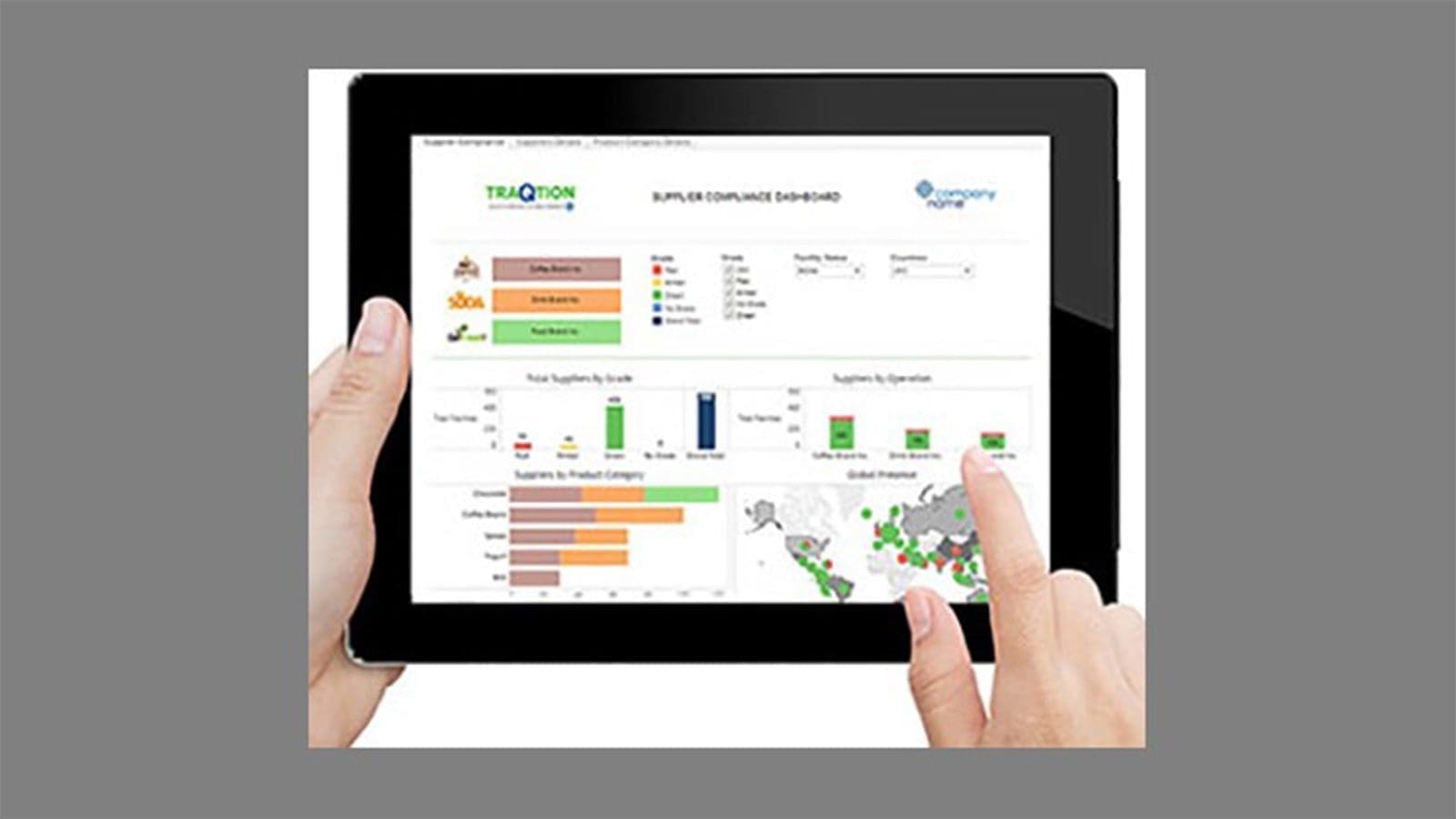AFRICA – Panelists during the recently held Africa Food Safety and Quality Summit have underscored obliviousness on food safety importance, misuse of agri-inputs and microbiological hazards as the major fresh produce sector food safety concerns in Africa.
The panel was addressed by Cyprian Kabbis, District chief executive, Eastern Africa, Bureau Veritas; George Akida, Exports Manager, Africado Tanzania; Frank Obure, General Manager, Packhouses, AAA Growers; Jane Musindi, CEO, Society of Crop Agribusiness Advisors of Kenya (SOCAA); Mercy Chatyoka, Business Development & Innovation Lead, Armlead and Molly Abende, Production Manager, Burton & Bamber Co.Ltd.
The panelists said that understanding the need for food safety is a trivial matter in the fresh produce value chain that requires concerted efforts both regionally and internationally. They added that background training and capacity building both for the producer and for the market is necessary to enhance food safety and quality in the fresh produce value chain in Africa.
They also agreed that there should be a harmonization of standards in the domestic and overseas market as consumers are the same and prone to the same level of risk in case of consumption of contaminated food.
According to Jane Musindi, CEO, Society of Crop Agribusiness Advisors of Kenya (SOCAA), only 5% of the total vegetable produced in Kenya is for the export market which is subjected to rigorous regulatory measures of the destination countries. 95% is retained and marketed in the country thus requiring more focus as it is not controlled by the export market.
“We need to push the stringent measures of the export market to the domestic market as the domestic producers will be the regional suppliers in a few years. This starts with awareness creation for the consumers to know what they require and push it back on the market for the suppliers to meet these demands,” highlighted Jane.
Up to 2013, there were no regulatory measures put in place for green beans production. This was until the EU introduced regulation EU 669 in January the same year which saw several small-scale producers thrown out of the business attributable to compliance matters.
Kenyan authorities recently launched a quality mark for the fresh produce sector KS 1758 that is anticipated will enhance food safety as it is not a voluntary standard thus will prompt people to comply. The standard is timely due to the ever growing sector that warrants a robust standard to manage it.
Local Market
Frank Obure, General manager, Packhouses AAA Growers, implored consumers to be fair to themselves and give the same care they offer to plants meant for export in terms of safety and quality, to those grown for local consumption.
He reminded them that export products are a kind of “mesh products” and just a small segment overflows into the local market.
The export segment has contributed significantly in diffusing the good practices into the local market but push back into the local consumer is yet to take root.
“Thankfully we have the likes of Carrefour and Quickmart who’ve come into our national market and from tree-play we are seeing quite a substantial volume now going into the local market through these outlets. So, that in itself is trying to create an impact and we are sure as the awareness goes out, a lot of people will start demanding and buying more from these supermarkets, because they are looking for suppliers who have good growing and packing standards,” he expounded.
Further he added that there’s a lot of laxity in the local market for products such as tomatoes, cabbages and onions, imploring the local authorities to come in and run food safety sensitization and put in place necessary regulatory measures.
Cyprian Kabbis,District chief executive, Eastern Africa, Bureau Veritas voices that it’s high time food entities start thinking about the cost of non-compliance vis-a-vis compliance.
“It’s always perceived that if you need to have a very good food safety system you need to do a lot of verification and testing, which is at times costly.But stop to think about how much it will cost you if you really never tested that product because that then gives you an answer on whether the cost of compliance is high or the cost of non-compliance,” he said.
As stated by George Akida, export manager, Africado Tanzania, the company’s improved avocado varieties gains more sales in the export market as the local consumers prefer indigenous varieties.He informed that more emphasis should be put on the nutrition aspect of the new varieties which have higher oil content and longer shelf life.
The sector has also been faced with microbiological issues from microorganisms such as Listeria and salmonella.
This is as a result of its dynamic nature which gave room for more convenient products like wash-to-cook or ready-to-eat vegetables, placing a lot of demand on sanitation.
Agri-inputs concerns
In Zimbabwe, the key point of concern is the correct and consistent use of pesticides to comply with stipulated residue levels in produce.Non-compliance has seen a lot of products retained at the border hampering the country’s fresh produce export market capacity.
“We need to define for farmers the banned and permitted pesticides and to what limits they are allowed in different markets as requirements differ for every market that you’re exporting to,” commented Mercy Chatyoka, the Business Development & Innovation Lead, Armlead Zimbabwe.
There are issues of abuse of pesticides as some of these pesticides are approved for use in the European Union (EU).
The EU has a long list of pesticides that can be used on crops whereas in Africa, the local authorities have a minimal one which limits farmers.
In a good system growers are supposed to use chemicals that are permitted in the country of production.
Absence of training on chemical and pesticide use leads to mishandling.
George noted the inadequacy in technical and regulatory assessment of conformity within the country when carrying out controls hence urged the government to formulate robust policies and regulatory framework.
“As a company, we have to carry out most tests outside the country due to limited testing capacity which is expensive for small producers,” he added.
Regulatory bodies intervention
According to Obure, the country lacks a structured way of managing crop protection hence participation of bodies like, Fresh Produce Consortium and Horticultural Crops Directorate (HCD), is needed in a round table discussion before authorities restrict a particular pesticide use.
Chatyoka is of the view that farmers organizations need to organize for a central hub for cold chain and processing facilities installation where farmers can aggregate their produce before shipment to intended destinations.
The government needs to work closely with the supply chain to see what their needs are rather than offering a blanket intervention that doesn’t actually address the need.
To that end, Tanzanian government waived taxation charges on cold room facilities in a move to motivate industry players.
The panelists called on Africans to leverage on the African Continental Free Trade Area (AfCFTA) as an avenue to trade amongst themselves after identifying the gaps that necessitate plenty of imports.
“We must look at food safety as a business enabler and also this goes to regulation, so we don’t need to get to a point where food safety is being used as a trade barrier. I think that is completely far away from the goal.We need to keep people safe but we need to do this in a way that also promotes business because economic and prosperity is still critical in the survival of human beings at large,” concluded Molly Abende, production Manager, Burton & Bamber Co.Ltd.
Watch the panel discussion on YouTube at FOOD AFRICA TV via this link; https://youtu.be/CcMKvD4MIfs
About the Africa Food Safety & Quality Summit
The 2021 edition of the Africa Food Safety & Quality Summit was held virtually from Nairobi, Kenya. It brought together more than 1300 delegates from more than 70 countries in Africa, Asia, Europe and the Americas.
The Summit, which was addressed by more than 40 speakers from the private sector, Government ministries and agencies, NGOs and development institutions and academic and research institutes across Africa and beyond, highlighted the opportunities, challenges and trends in the management and practice of food safety, quality and compliance in Africa.
With plans to be an annual conference and expo, the Summit was sponsored by Ishida, Bruker, Minebea Intec and Bureau Veritas – some of the leading providers of various technologies and services to Africa’s food and agriculture industry.
The event’s strategic partners included; Fresh Produce Consortium (FPC), Consumer Goods Council of South Africa, Kenya Bureau of Standards (KEBS), Ministry of Health Kenya, Kenya Institute of Food Science and Technology (KIFST), Kenya Institute of Public Analysts of Nigeria (IPAN), Kenya Dairy Board (KDB), Food Science and Technology Platform of Kenya (FoSTeP-K), Retail Trade Association of Kenya (RETRAK).
The next edition of the Summit is slated for June 22-24, 2022, with plans to host a hybrid event, with a physical presence in Nairobi, Kenya and a virtual platform to enable attendees from across Africa to attend with ease.
More information about the Summit can be found on the website www.foodsafetyafrica,net/summit








